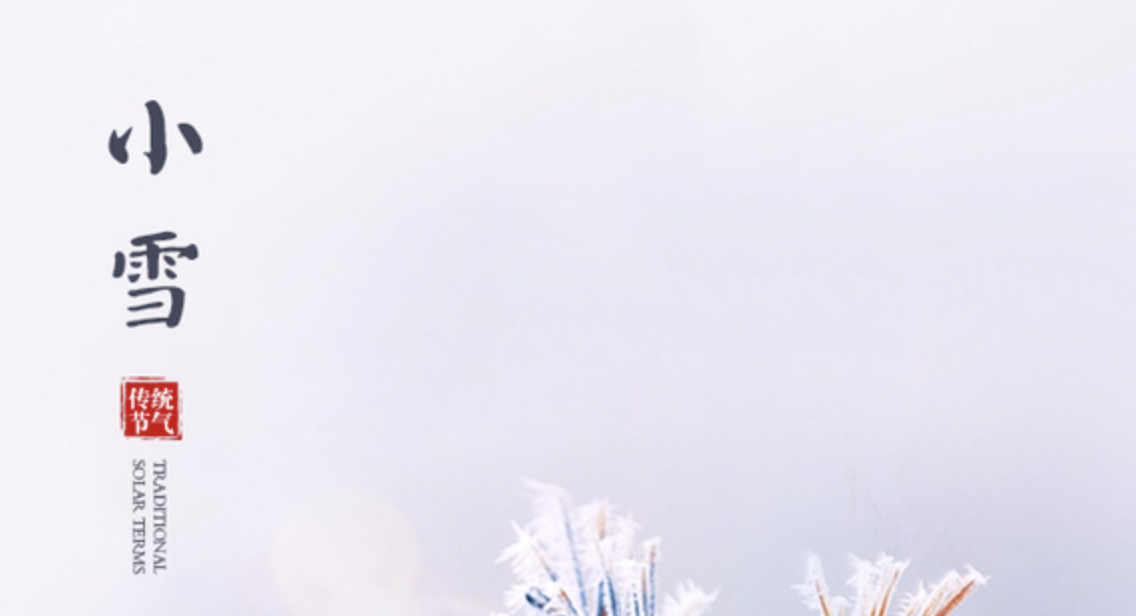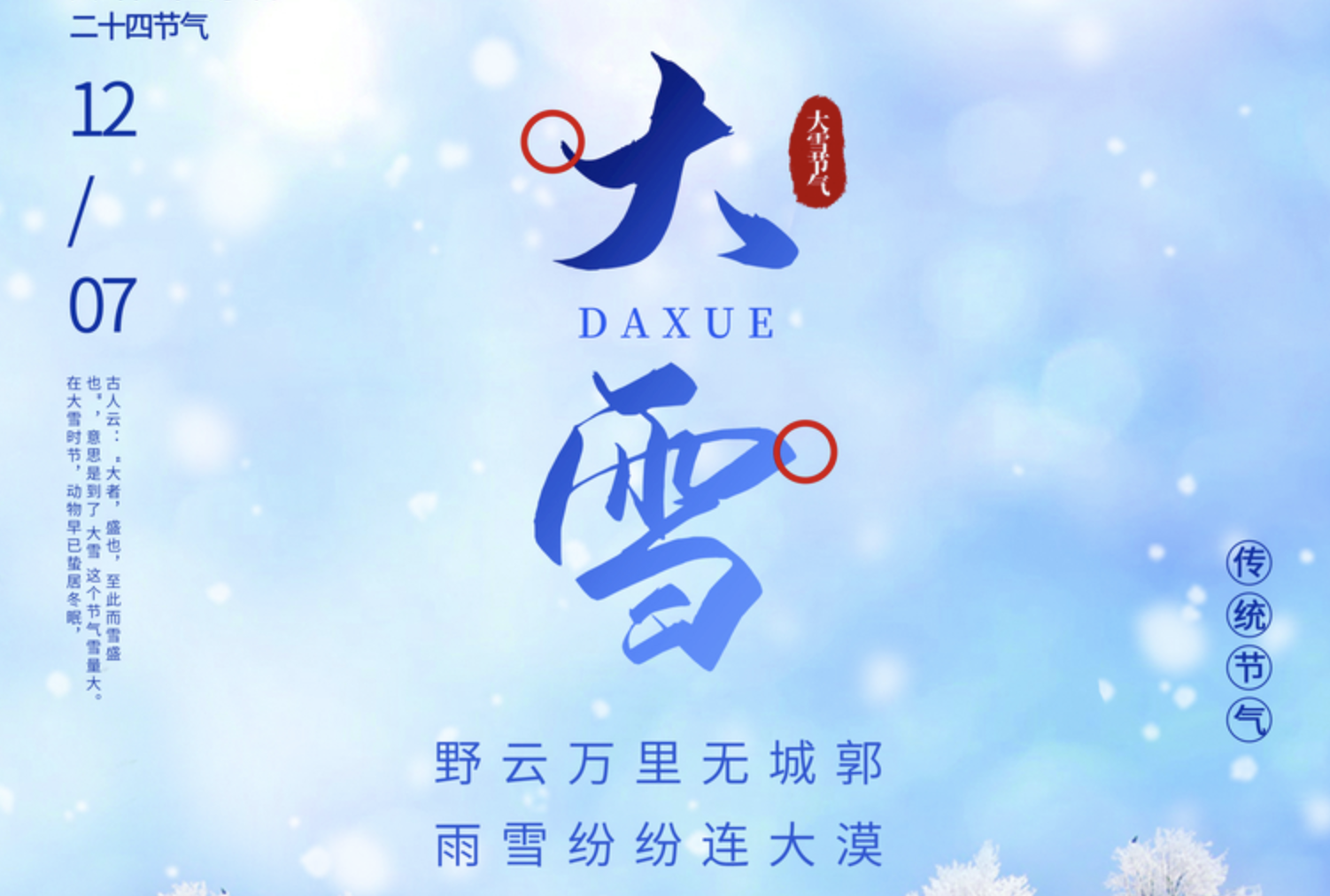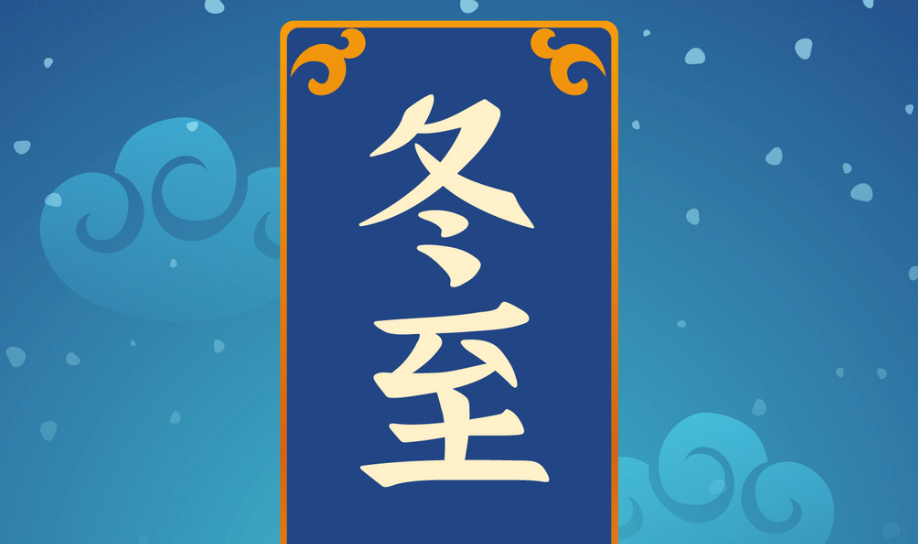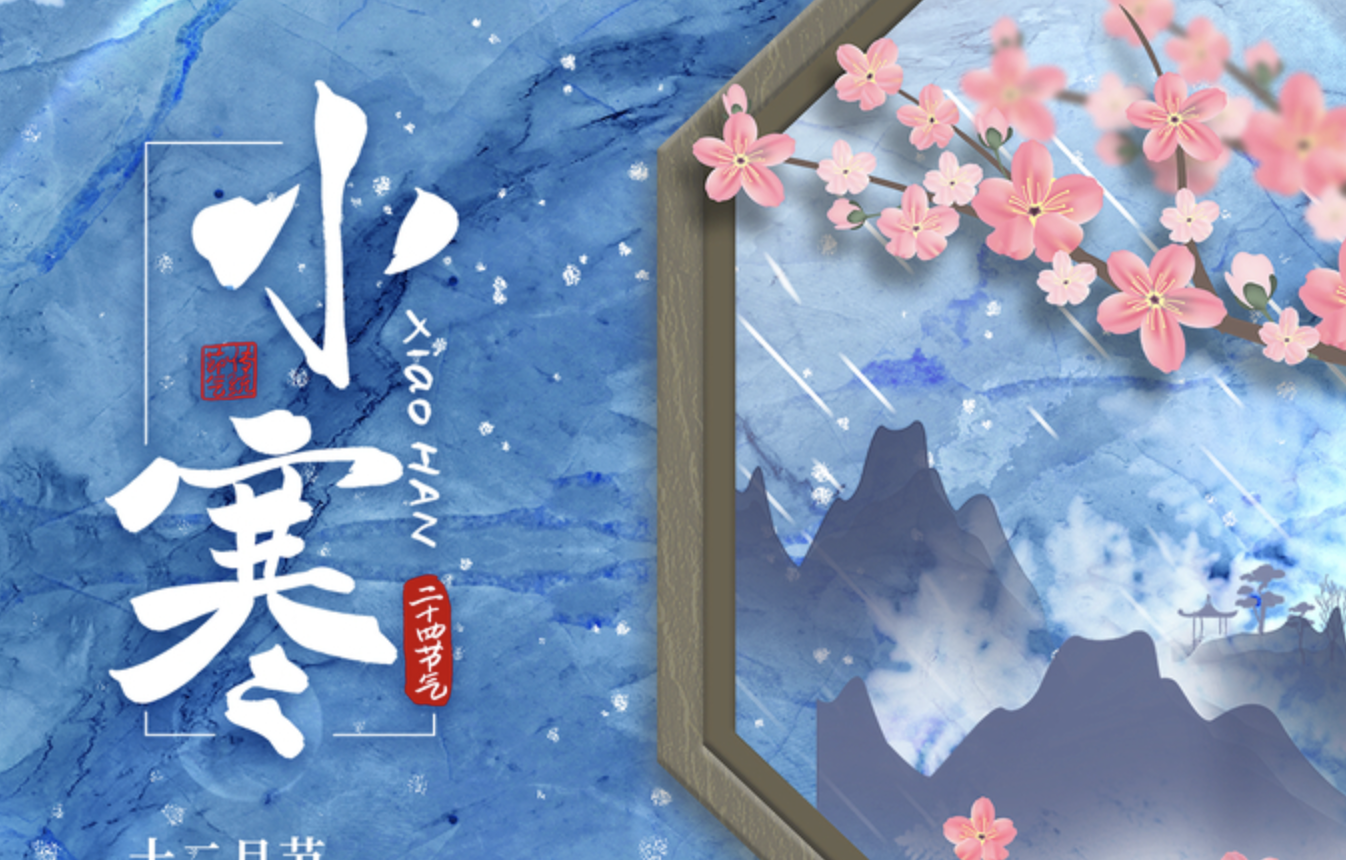Heat treatment
Heat treatment
Chushu is the fourteenth of the 24 solar terms. Douzhiwu (southwest); the taiyanghuang longitude reaches 150 degrees; it meets every year on August 22-24 of the Gregorian calendar. Chushu, that is, "Chushu", is the meaning of leaving hot. When it comes to summer, the point of direct sunlight continues to move southward, the solar radiation weakens, the subtropical high also retreats southward, the temperature gradually drops, and the summer air gradually disappears. Summer means the end of the extremely hot weather. Although it is still hot during this period, it has shown a downward trend.
The summer solar term is in the period of short-term recuperative weather (autumn tiger), "autumn tiger" generally occurs between August and September of the Gregorian calendar, and the time of autumn tiger varies every year, generally lasting from half a month to two months. The significance of dealing with summer heat in daily life is to remind people that the summer heat gradually subsides, the weather changes from hot to cool, and we should pay attention to the prevention of "autumn dryness". There are a lot of folk activities in summer, such as eating ducks, setting off river lanterns, opening Fishing Festival, decocting medicine and tea, worshiping earth God, etc.
Brief introduction of solar terms
Chushu is one of the 24 solar terms reflecting climate change. The handle of the Big Dipper is pointing Southwest (position E). When the sun reaches 150 ° of the Yellow longitude, it is the beginning of the 24 solar terms. At the same time, the arrival of Chushu means entering the second half of Shenyue in Ganzhi calendar. Chushu, that is, "Chushu", is the meaning of leaving the hot, when the dog days are over or near the end, the early autumn heat will end. Yuan Wu Cheng's book "the collection of seventy-two lunar orders" said: "place, stop also, summer here and stop." "Chu" means to terminate, indicating that the heat will soon pass and the summer will end. In the middle of July. Place, stop. This is the end of the summer heat. On the day of summer, the point of direct sunlight has moved from 23 ° 26 ′ n to 11 ° 28 ′ n on the day of summer solstice. One can clearly feel that the sun is starting to move south. As the height of the Sun continues to decrease, the heat is also weakened. The hot summer has gradually subsided. Although the summer air shows a decreasing trend and the temperature will not rise from different peaks, there will still be short-term recuperative weather during this period, but it is not really cool. Generally speaking, it will be after the dew.
Climatic characteristics
Radiation attenuation
After the summer, the temperature gradually decreased, and the temperature difference between day and night gradually increased, but the temperature was still higher in white weather. The reasons for this phenomenon are as follows: first, the direct point of the sun continued to move southward and the solar radiation decreased; second, the subtropical high retreated southward by leaps and bounds, and the Mongolian cold high began to be eager to try.
Autumn tiger
Autumn tiger occurs after the beginning of autumn, which is one of the 24 solar terms. It is a short-term recuperative weather. It is just like a tiger, so people call this period "autumn tiger". Generally, it occurs between August and September. The duration of autumn tigers varies from half a month to two months. Although the temperature is high, generally speaking, the air is dry and sunny, and the temperature difference between morning and night is not too high. The reason for the appearance of autumn tiger weather is that the subtropical high, which retreats to the south, controls and returns again, forming a high temperature and hot weather with sunny days and strong solar radiation. The reason for the formation of autumn tiger is that the Western Pacific subtropical high, which controls China, gradually moves southward in autumn, but then moves northward. Under the control of this high, the weather is clear and cloudless, the sunshine is strong, and the temperature rises. It's autumn, but it's sultry. although the subtropical high, which dominates the country in summer, is retreating to the south, it will not easily give up its dominant position and retreat to the sea of the Western Pacific. In the southern area under its control, people who have just felt a little bit of cool autumn often feel the hot weather again at the end of summer, which is worthy of the name of "autumn tiger". For the areas just out of the dog days and suffering from severe drought, if they continue to be controlled by the subtropical high, it is easy to form continuous drought in summer and autumn, which will greatly advance the fire prevention period in autumn. It needs to be said that the middle and lower reaches of the Yangtze River often usher in the sunny spring after the end of autumn tiger weather, but it will be after October. During this period, the general trend of rainstorm all over the country is weakening.
dry
Under its control, the sinking and dry cold air first announced the end of the rainy season in Northeast, North and Northwest China. During the summer, the obvious cooling places are only the northeast and northwest regions. However, whenever cold air affects China, if the air is dry, it often brings windy weather. If there is warm and humid air in the atmosphere, it often forms a decent autumn rain. Often after the rain, especially after the rain, people will feel more obvious cooling. Therefore, there is a saying: "an autumn rain (wind) a cold". There may also be a large precipitation process in the Jianghuai region in the south of the north. The temperature drops obviously, the temperature difference between day and night increases, and the sun is shining in the sky after the rain. People often do not adapt to the cold and hot changes at the turn of summer and autumn. Carelessly, it is easy to cause respiratory tract, gastroenteritis, cold and other diseases.
Thunderstorm activity
South China, Southwest China and West China. Thunderstorm activity is not as active as that in summer, but there are still more thunderstorms in South China, Southwest China and West China. In South China, there are more thunderstorms than in other places due to the active warm and humid air flow at low latitudes; in southwest and West China, there are more thunderstorms due to the edge of subtropical high and the effect of mountains. In September, most of China began to enter the period of less rain, while the autumn rain in West China was more. It is a special weather phenomenon in autumn in Western China. In addition to the Weishui and Hanshui River basins, the autumn rain in West China also includes the autumn rain in Sichuan, most of Guizhou, Eastern Yunnan, Western Hunan and Western Hubei. Because of the early autumn rain, it can appear in late August. The earliest appearance date can sometimes start in late August and end in late November at the latest. But the main rainfall period is in September and October. The main feature of "autumn rain in West China" is more rainy days, and the other feature is continuous drizzle. Although there are many rainy days, the rainfall is not very large, generally less than that in summer, and the intensity is weak.
Custom activities
overview
There are many folk activities in summer, such as eating ducks, setting off river lanterns, opening Fishing Festival, decocting medicine and tea, worshiping earth God, etc.
Travel for autumn
The folk customs before and after the summer holidays are mostly related to ancestor worship and autumn. There will be folk activities to celebrate the "July half" before and after the summer. In addition, after the summer, autumn is getting stronger, which is a good time for people to enjoy the scenery in the countryside. Even the clouds in the sky seem to disperse freely when the summer is over. It's not like the thick clouds in summer. There has always been a saying among the people that "in July and August, you can see the clouds skillfully", which means "traveling to meet the autumn".
Let go of the river lamp
River lanterns are also called "Lotus lanterns". Generally, lamps or candles are placed on the base. Zhongyuan night is placed in the rivers, lakes and seas to let them float.
Open Fishing Festival
For the coastal fishermen, after the summer is the season of fishing harvest. During the summer every year, an annual grand Fishing Festival is held along the coast of Zhejiang Province. It is decided to hold a grand fishing ceremony on the day when the closure of fishing in the East China Sea is over to send the fishermen off to sea. In 2006, the 9th China open Fishing Festival was held in Xiangshan County, Zhejiang Province on September 6. Because at this time, the water temperature in the sea is still on the high side, the fish will still stay around the sea, and the fish, shrimp and shellfish will mature. Therefore, from this time on, people can often enjoy a wide range of seafood.
Making medicinal tea
In summer, there is the custom of making medicinal tea in Guangdong and Guangxi. People go to pharmacies to make prescriptions, and then boil herbal tea at home. After the summer heat, they are still muggy, and boil herbal tea to relieve the heat.
Worship the land lord
In ancient times, people held various ceremonies to worship their ancestors and to thank the land lord.
Pour water to cool down
In Japan, there is a custom of sprinkling water to cool down in a month from heat stroke to heat stroke.
literature
Sanhou
In ancient China, some works divided the heat treatment into three periods: "the first period is when the eagle is sacrificed to the bird; the second period is when the heaven and earth begin to disappear; the third period is when the grass is ascended." a time when eagles are sacrificed to birds: it means that Eagles begin to hunt a large number of birds in this solar term; eagles are sacrificed to birds, eagles and righteous birds. In autumn, when the golden Qi was suppressed, the eagle felt its Qi and began to catch and attack the birds. However, it must be sacrificed first, and the Jew's diet sacrifice was the first one. wait for heaven and earth to begin to Su: Heaven and earth begin to Su in autumn, and Yin begins, so it is said that heaven and earth begin to su. "Wo" of "Wo naideng" refers to the general name of millet, millet, rice and sorghum crops, "Deng" means mature. The grazers. Gu Liangao is the general name of straw. In addition, rice, sorghum and sorghum belong to all kinds of grasses. When you are mature, you will be successful.
Agricultural Proverbs
poetry
《
Two songs of the Yangtze River
》
In the Song Dynasty, Su Yu had no three days to deal with the heat. The white head changes the world, and the grass prints the Zen heart. Let the Crane Dance and listen to the intermittent singing. He who knows benevolence well may not live deep in the sea.
《
Wind and rain after summer
》
(Song Dynasty) Qiu yuan: the strong wind drives the heavy rain, and the residual heat sweeps away the air. Because I know the state of Yan Liang, I come here in an instant. There is a gap in the paper window, but the WAN fan laughs in vain. When I read the Fu of autumn sound, I remember the drunk man.
《
It was cold in the mountains on July 24, and it was hot on July 29
》
In the Song Dynasty, Zhang Yi was not in the heat of the earth, but in the mountains, he gave clothes today. the sound of dew cicadas is gradually swallowing, and the autumn scenery is beginning to fade. there are many bases in the world, and there will be many opportunities for the rest of your life. Drifting in the air, everything goes against the heart.
24 solar terms in summer
》Guiguzi, heaven and earth began to disappear, and hawks and falcons began to catch birds. exchange of cold and heat, try boxing, a rain in autumn, a cold.
Chinese PinYin : Chu Shu
Heat treatment
-
light snow (Xiao Xue)
Light snow is the 20th of the 24 solar terms and the second solar term in winter. It is on November 22 or 23 of the Gregorian calendar, that is, when the sun reaches 240 ° of the Yellow meridian. Light snow is a solar term reflecting precipitation and tem. Xiao Xue
Views: 37 Time 2021-03-07 -
Greater Snow (Da Xue)
Heavy snow is the 21st of the 24 solar terms and the third in winter. Douzhigui, the sun reaches 255 degrees of the Yellow meridian, and the festival time is December 6-8 of the Gregorian calendar every year. The heavy snow solar term is the beginning of . Da Xue
Views: 38 Time 2021-03-07 -
Winter solstice (Dong Zhi )
The winter solstice, also known as the South solstice, winter festival and Asian year old, has both natural and humanistic connotations. It is not only an important solar term in the 24 solar terms, but also a traditional ancestor worship festival among C. Dong Zhi
Views: 33 Time 2021-03-07 -
Lesser Cold (Xiao Han)
Xiaohan is the 23rd of the 24 solar terms, the fifth in winter, the end of the Ganzhi calendar month and the beginning of the ugly month. Bucket finger; The solar yellow meridian is 285 °; The festival is handed in on January 5-7 of the Gregorian calendar. Xiao Han
Views: 41 Time 2021-03-07




